Let’s face it: The world is a stressful place.
From our personal lives to the global stage, it constantly seems like there are ongoing, unavoidable, intractable problems and challenges. And the stress adds up: a frustrating commute, an unexpected bill, a missed deadline, a headache, an unkind word from a friend…
We could go on and on—and those examples are just from our personal day-to-day lives. When you factor in all of the other things that can weigh on our minds (many of which we have little or no control over), the amount of stress each of us carries can be very heavy indeed.
And that weight can have a crushing impact on a person’s mental health.
That is true whether or not a given person has been diagnosed with a specific mental health disorder. Reducing stress is a good idea for everyone’s overall mental well-being.
But how in the world do you do that?
We have some suggestions for stress reduction.
Look Around You. What Can You Straighten Up?
Do you run around in the morning looking for your keys? Or your phone? Or your shoes?
Do you have an unsorted pile of papers? Multiple unsorted piles of papers? Piles upon piles of unsorted papers?
Is there unfolded laundry in a basket in your bedroom? Is laundry—dirty, clean, or both—draped over your exercise equipment? (We should note that using your exercise equipment for exercising is actually a great way to reduce stress.) Do you sometimes sniff clothes to determine whether a given item is clean, clean enough, or too dirty to wear again?
Taking the time to address any one of those things is actually a great way to chip away at your overall stress levels. Address several of them, and you can make an even bigger dent in your stress. While we acknowledge that it can feel overwhelming to get started on these kinds of projects, once you do, you will see the ways in which more tidiness means less stress.
Look at Your Calendar. Where Can You Schedule Breaks?
Do you go to work early? Do you stay late? Do you work straight through lunch?
When was the last time you took a day off? A week off? Any time off at all?
Many of us are terrible at taking a break because we feel so much pressure to be productive all of the time. That is why we recommend a simple but often effective trick for making break-taking more possible: Put breaks into your calendar.
Our calendars remind us to do the important things we need to do—and taking regular breaks is an important thing that you should do. It helps reduce your overall levels of stress while—amazingly!—making you more productive when you get back to your task. So put a morning and afternoon break into your calendar. Block out the lunch hour. And schedule your next vacation now.
Look at Your Relationships. Who Builds You Up?
Do you have a friend—or a couple of friends—whom you can always count on? How about a family member who will drop everything when you need support or help with a project? Who are the people in your life you always find a way to support?
Do you have a “friend”—or a couple of “friends”—who always seems to tear you down or make you feel worse? Someone who always seems to be judging you and who—if you are being honest with yourself—you are inclined to judge right back?
Your relationships with your real friends and supportive family members help to lower your stress levels. An afternoon spent with a true friend can help you relax and give you a chance to laugh and enjoy yourself. On the flip side, an afternoon spent with a “friend” who is constantly criticizing you or complaining or what have you will simply increase your levels of stress. That is why it is so important to build and maintain relationships that build you up while minimizing (even ending) those that tear you down.
We Want to Stress that We Can Help
Are you struggling with your mental health but either unsure how to get help or reluctant to pursue that help? If so, we want to stress that Johnstown Heights Behavioral Health is ready and able to support and guide you as you make improvements in your mental well-being—and in your quality of life.
Located in Johnstown, Colorado, Johnstown Heights Behavioral Health employs evidence-based practices supported by our experience, expertise, and empathy to help people who are struggling with depression, anxiety, trauma, and other mental health challenges. You can be confident that you will never feel judged and will always feel supported when seeking out care at Johnstown Heights.







